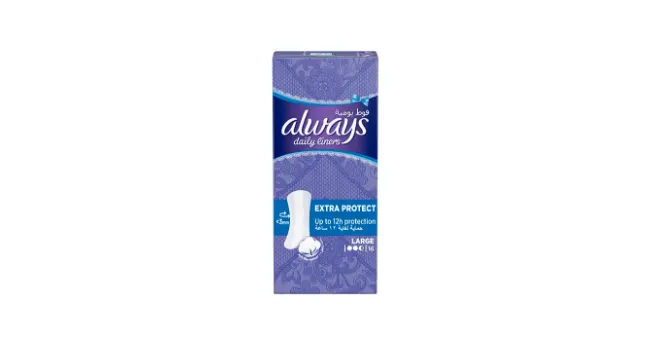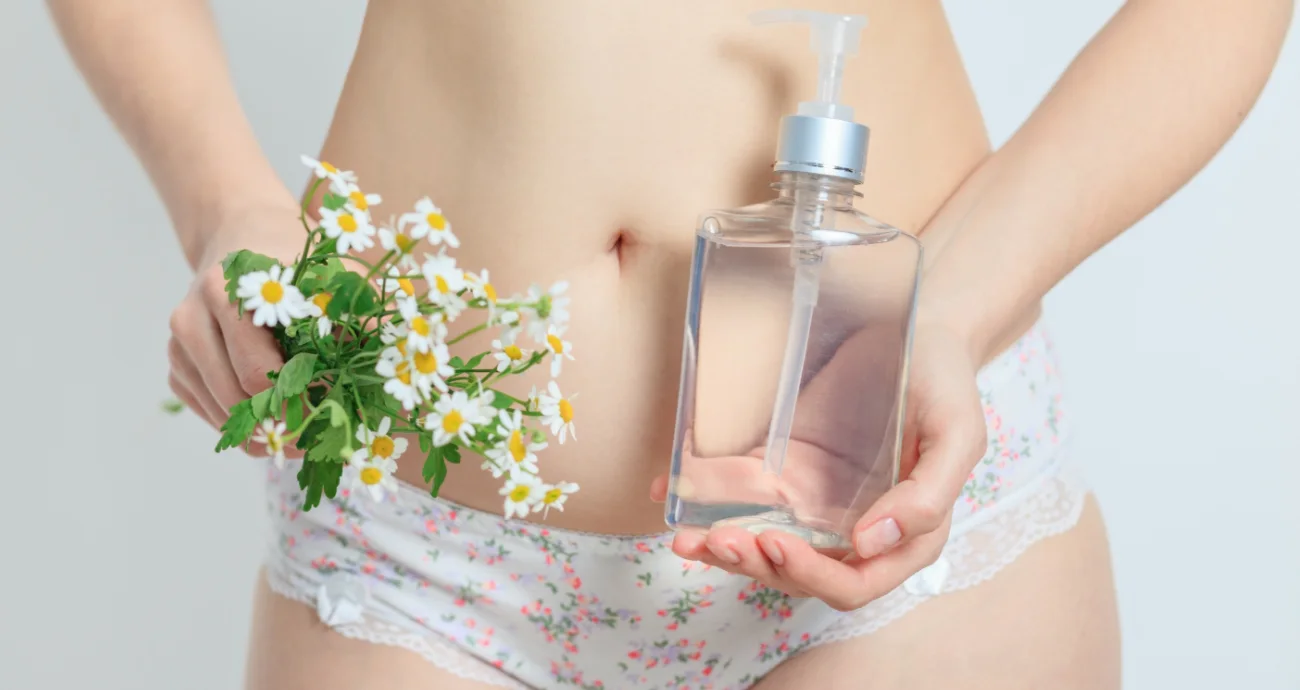Here’s How You Can Maintain Intimate Hygiene During Your Pregnancy

Lots of sleepless nights, morning sickness and weird food cravings - seems like a page from a pregnant woman's life, right? Well, along with the joyful moments, pregnancy does throw a curveball or two. Your body goes through a myriad of changes. One of which is experiencing excess vaginal discharge during pregnancy.
At times like these, if you don’t keep up your hygiene during pregnancy, the chances of getting infections are higher. No woman wants that, right? Thus, taking good care of your vagina during pregnancy is essential. To help understand the importance of intimate hygiene especially during pregnancy, we’ve listed its effects on your vaginal health. Alongside, we will also share some tips on how to clean private parts during pregnancy. So, keep on reading to learn more!
The Effects Of Pregnancy On Vaginal Health
There are quite a few changes that could occur within your vagina during pregnancy. Let’s have a look at these changes:
1. Increased vaginal discharge
During pregnancy, your hormones tend to fluctuate more than ever. Additionally, there’s increased blood flow in your body. These two factors cause excessive vaginal discharge. As your due date comes closer, there’s an increase in vaginal discharge.
Often, a normal vaginal discharge during pregnancy is odourless, white or clear. In some cases, it might have a mild odour. However, if you notice a change in colour or in the vaginal odour, then you must consult a doctor immediately. To combat the moisture and smell, you should opt for mildly-scented panty liners. Try the ALWAYS Extra Protect Panty Liners which offers 100% odour protection through its odour neutralising technology. These liners are equipped with extra length for added coverage and protection and are safe for your skin too

2. Possibility Of Developing Infections
The changing hormones levels in pregnancy can hamper the pH levels in your vagina. Particularly, the estrogen levels can make your vaginal region prone to bacteria and thereby cause infections. On the other hand, as vaginal discharge during pregnancy increases, in some cases it could also be an indication of an infection. These include yeast infection, bacterial vaginosis (BV) or even trichomoniasis. Read more about color of discharge during pregnancy.

Why Is It Essential To Maintain Hygiene During Pregnancy?
Expecting moms, remember that every single choice that you make is ultimately going to impact the well-being of your child. As explained earlier, excess discharge and increased blood flow can increase bacteria in your vagina, resulting in infection. Given that your baby is still in the development stage, there can be slight chances of him/her catching these infections. On the other hand, exposure of toxic materials can also cause certain malformations in the baby. Thus, to safeguard your baby’s health, it's highly important to maintain hygiene during pregnancy. Read more about smelly vaginal discharge remedies here.
Tips To Keep Your Vagina Clean During Pregnancy
Wondering how do you get rid of an itchy private area during pregnancy and avoid infections? The answer is quite simple, follow good hygienic practices. Here are some tips on how to clean your vagina during pregnancy:
1. Never over wash your intimate region:
The excess vaginal discharge during pregnancy might make you want to wash your vagina excessively. Refrain from doing it. Rather, just wash it twice a day with water and you will be just fine. Make sure to dry out the moisture after washing.2. Wash your vaginal properly:
If you are wondering “How do you get rid of an itchy private area during pregnancy?”, you need to learn to clean your vagina properly. This means, every time you use the loo, make sure to clean your vulva from front and back. Likewise, follow it up by drying the area to remove the moisture. Read more about how to care for vaginal discharge.
Do’s And Don'ts for Maintaining Intimate Hygiene During Pregnancy
Maintaining intimate hygiene during pregnancy can be a little tricky. But no one said it’s impossible, right? All you need to do is simply follow these set of dos and don’ts:
Do’s
Do dry your vaginal region after taking bath or after a swim
Do wear loose, breathable underwear
Do drink more water
Do have a healthy balanced diet
Don’t
Don’t douche
Don’t use highly scented products like intimate washes, or even scented panty liners
Don’t use feminine products like vaginal sprays
Don’t eat too much sugar
Curious about the signs ovulation is over? Our guide offers clear insights to help you understand your cycle better.
Takeaway
Keeping up your intimate hygiene during pregnancy is a must! It’s the only way to stay away from infections and thereby safeguard your and your baby’s health. In case you notice an unusual discharge, do contact your doctor. On that note, make healthier choices and take good care of yourself. Soon, your world will be graced with a cute little star!
Keep a track of your ovulation period with Always Ovulation Calendar and Period Calculator.
While vaginal steaming has gained popularity, it’s essential to understand the potential risks and myths surrounding it.
FAQs
1. How do you get rid of an itchy private area during pregnancy?
During pregnancy, you should wash your private area with cool water to get rid of the itchiness. Make sure you dry out the area after washing. In case the itching persists, visit a doctor. He or she may prescribe you some antifungal creams or medications.
2. What does vaginal discharge during pregnancy look like?
Vaginal discharge during pregnancy is often odourless, white or clear.
3. How to clean private part during pregnancy?
To clean your private area during pregnancy, you can use a clean washcloth dipped in water to gently cleanse your vulva region. Refrain from getting the water into your vagina.
Disclaimer:
Please note the date of the last review or update on all articles. No content on this site, regardless of date, should ever be used as a substitute for direct medical advice, diagnosis or treatment from your doctor or other qualified clinician. Always is committed to ensuring that all of our products meet rigorous safety standards; Always pads prioritize safety, protection and comfort of its consumers.




